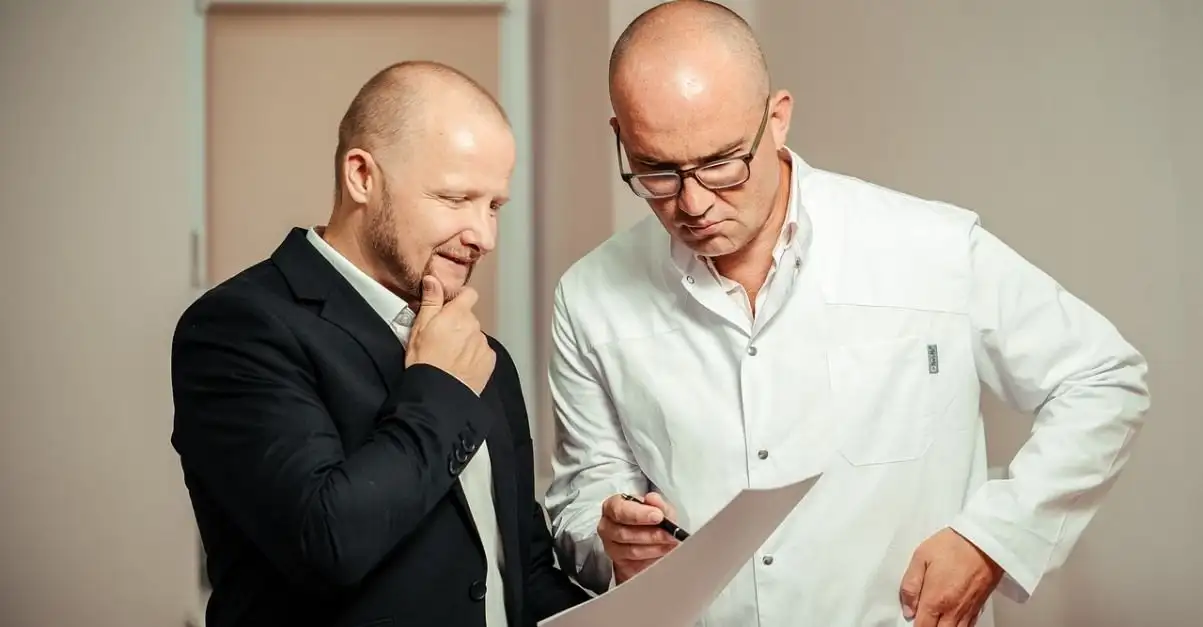
Get a Second Opinion
Getting a Second Opinion
“Health care professionals make hundreds of decisions a day. A small fraction of them are based on evidence from rigorous clinical trials — that is, things we really know to be true. Unfortunately, most medical decisions are based on clinical opinion — an educated guess.”
Jeffrey M. Drazen, Editor in chief of the New England Journal of Medicine from 2000 to 2019.
Why you need a second opinion
Source: MedlinePlus (a service of the National Library of Medicine)
Cancer is a serious disease, and you should feel confident in your diagnosis and comfortable with your treatment plan. If you have doubts about either, talking to another doctor can help give you peace of mind. Getting a second opinion can help confirm the opinion of your first doctor, or provide guidance on other treatment options.
You should seriously think about getting a second opinion if:
- You have been diagnosed with a rare type of cancer.
- You received very different recommendation on how to treat your cancer.
- Your doctor does not have a lot of experience treating your type of cancer.
- You have several options for treatment and feel unsure what to do.
- Your test results are unclear for the type and location of your cancer.
- You are not comfortable with your diagnosis or treatment plan.
You can get a second opinion even if you already had treatment. A second doctor can make recommendations for how your treatment will progress or may change.
The following is from the City of Hope (Comprehensive Cancer Center) website.
How Important Is A Second Opinion?
Second opinions are very important for any patient who has been diagnosed with cancer. The disease is one of the most life-changing events for individuals and their families. People shop around for material items like TVs and cars, so they should do the same for more important issues like general health and cancer.
Second opinions are especially crucial for people with aggressive or complex cancers that may require multimodal (different types of) therapy and access to clinical trials. A research-based cancer center like City of Hope is an ideal place for these types of patients.
Even though medicine has made huge advances over the past several years, second opinions are not done as much as they should be. Medicine is still paternalistic and many patients just trust their doctor — for them, whatever their doctor says goes.
Unfortunately, the treating physicians and their hospitals may not follow evidence-based medicine, or there may be a diagnostic error with tumor type or the aggressiveness (grade) of the tumor. Most of the time, the treatment recommendations and treatments themselves are correct, but sometimes they can be incorrect, or there may be other options to which patients are never exposed.
Page updated 2024
